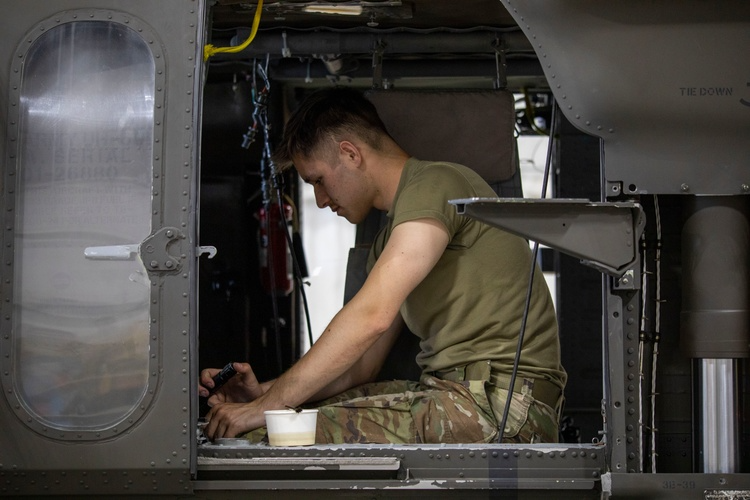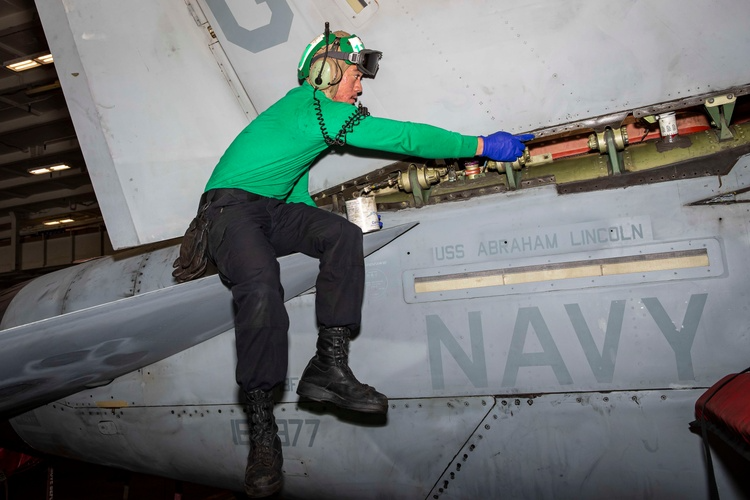Whether an old airframe is on the edge of retirement or a brand-new jet, a robust logistics chain, and parts supply are paramount.
Greenwood Aerospace is your leader in government procurement, aircraft and parts storage and distribution, and military and defense contracting. Our expertise and services include the following:
Procurement of
- Fixed-wing aircraft and associated support
- Aircraft parts & accessories
- Military aircraft parts
- Storage and distribution of parts and supplies to your organization. We will operate as your private warehouse and distribution network.
This is only a sample of our services and capabilities.
Learn more about our services for the defense and military industries. For additional information, you can also contact us here or by emailing sales@governmentprocurement.com.
One of the greatest contributions of the U.S. military machine to the rest of the world is our ability to produce unbelievable amounts of war goods for our use and export. In fact, the numbers aren’t even close: the united states leads the world in military equipment exports by nearly 2:1 over our closest competitor (Russia). The U.S. provides roughly 39% of the world’s military experts, to Russia’s ~20%. But how does the process work? Can just any nation come up on the net and buy American-made military hardware? And once they have American gear, how exactly do they receive material support, maintenance support, software and hardware upgrades, and so on?
Our allies may use two distinct programs to procure equipment, parts, and services: Foreign Military Sales (FMS), and Direct Commercial Sales (DCS). Let’s take a look at each program and learn the differences and the applicability of each.
What Is The Foreign Military Sales Program?
The first thing to understand is what each program brings to the table. The FMS program appeals to contractors because the U.S. thoroughly vets the countries. The foreign operators pay the U.S. government, which in turn pays the contractor. It offers a layer of security for the American contractors, ensuring they receive payment upon delivery of goods and services.
But what is the FMS program?

As the name implies, the FMS is a program built to supply equipment to our foreign partners. So why does the U.S. provide so much of the world’s armaments? It’s simple: the process of researching, developing, testing, then manufacturing military-grade equipment is absolutely staggering. Even our wealthy allies (Saudi Arabia, for example) have a hard time justifying the enormous cost of the process. Instead, they would rather partner with the U.S. and procure our equipment. This approach has far fewer downsides than creating their own equipment, and truthfully, it isn’t even an option for most of our allies. Very few have the resources to do so (UK, Isreal, and a handful of others), and even then, they often operate U.S. equipment to supplement their own designs.
Who Regulates the Foreign Military Sales Program
As expected, the FMS process is highly regulated to ensure that only true allies can purchase American equipment. This applies to new and used equipment; while we sell new hardware to many parts of the world, with some items tailored to their military standards and requirements, our surplus equipment is widely welcomed. The process is vetting and gaining approval, and then purchasing and having parts and services delivered winds it's way through a multi-tiered process that is layered in three different areas of the government.
POTUS Responsibility
The president of the United States is ultimately responsible for the entire program, and for very good reason. War equipment is highly sensitive, especially when you hold the keys to the world's most lethal and effective armaments. You want to ensure that you aren’t supplying arms to a country that will use them on you later. But, saying that the POTUS is ultimately responsible for the FMS process is still a blanket statement that lacks context. The POTUS does bear responsibility, but they are not actively vetting the allied nations requesting FMS approval. If anything, it is nothing more than a rubber stamp. The State Department is the agency that bears ultimate responsibility for the program at large.
State Department Responsibility
The State Department bears the responsibility for vetting all FMS applicants. Make no mistake; the FMS does not exist to solely help out other nations. We do it to form a stronger coalition worldwide so we have well-armed allies with familiar tactical profiles and capabilities. We know that a foreign fleet of F-16s has the exact same performance envelope as our fleet and the ability to interoperate with our aircraft.

A foreign operator using F-16s can aerial refuel with our fleet of tankers and can fly as wingmen in a conflict. This is also why the U.S. opens up our military flight training to foreign nations; we want them flying our jets and using our lessons learned and using our tactics so we can train and fight seamlessly with them. So the State Department must fully vet them to determine who invests in this tactical philosophy.
Defense Security Cooperation Agency-The Last Tier In The Process
The State Department determines who can take part in the FMS, but they don’t execute any part of the actual process; that third tier of the process comes down to the Defense Security Cooperation Agency. This agency cuts the deals and issues the gear, services, etc., to our allies. For the specifics of the FMS program, check out the DSCA manual, specifically chapter 4. Once a country is approved by the State Department (and the Executive), the DSCA has some tools at its disposal to make it easier to make sales happen. We have many strategic allies who have the will but need more means to help secure problem areas of the world. One of the instruments at their disposal is foreign military financing (FMF), a loan program that Congress funds to provide non-repayable loans to partnering, qualified nations. Again, this isn’t a free lunch. We expect recipient nations to be on board with our foreign policy and act as reliable arbiters.
Economic Overview of the FMS Program
The FMS is an economic boom for U.S. workers that serves double duties. For one, it sustains a domestic manufacturing base when the U.S. military has filled its ranks with the necessary equipment. As we have previously stated, the ulterior purpose of the program is to provide global security for U.S. interests without having a direct presence in those areas of the world. But the incredible part of the FMS program is how much revenue is generated, which goes towards our deficits. According to sources, aerospace and defense exports reduced the deficit by $80-$90 billion (2016).

What Are Direct Commercial Sales?
Unlike the FMS, sanctioned and executed by the U.S. federal government, a foreign purchaser consults directly with the U.S. contractor or manufacturer in the DCS. This gives more flexibility to the foreign nation and can also be a good thing for American contractors. But with increased flexibility comes increased risk. While the seller in the U.S. stands to earn more in the process, they can also get burned if the foreign nation refuses to pay. In the FMS, failures to pay will be dealt with by the U.S. government, so the U.S. service providers are more insulated from non-paying clients. It isn’t fail-safe, but it certainly adds security to the process. One of the other benefits of DCS for foreign nations is that foreign nations can purchase equipment that is customized to their needs rather than buying an item straight out of the Pentagon’s stockpiles. Also, the U.S. government does not have it in its budget to support non-standard requisitions.
What Nations Can Participate in DCS?
The nations that can participate in DCS are still fully vetted so that we can ensure we are working with allies. The program's added flexibility does not change the fact that our government must still approve strategic partners.

Are There Any Restrictions?
The primary restrictions in the program are financing restrictions. The U.S. government is only interested in funding allies that use programs that can be operated seamlessly with our missions. From a business perspective, this makes perfect sense. We are in the business of making compatible allies with our mission. One-off designs and equipment outside the scope of what the U.S. uses are not a priority, so they won’t be helped financially. Beyond financial, they must be a vetted ally of the U.S. government.
Parting Thoughts
Securing and procuring equipment, parts, and services from American vendors is intimidating for foreign operators. Government Procurement, operated by Greenwood Aerospace, is committed to working with you to procure and source a healthy supply of parts or assorted services for your approved FMS program requirements.


.svg)
.png)




